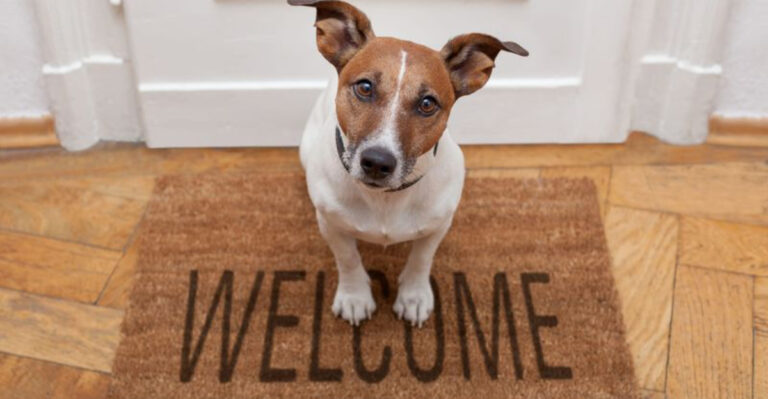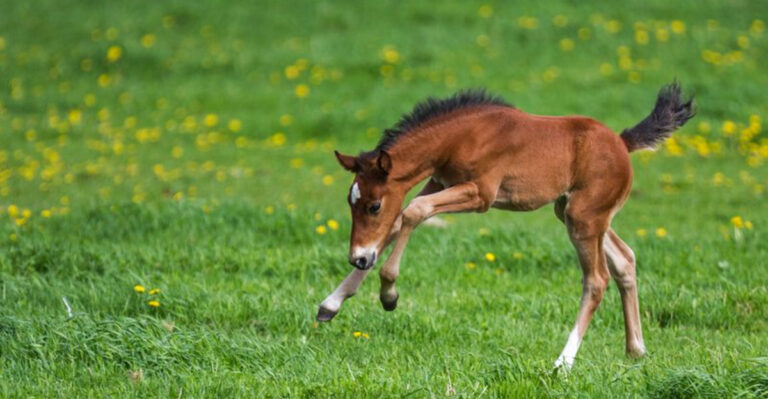12 Dog Breeds That Struggle With Behavioral Issues And How To Manage Them

Dogs are beloved companions, yet some breeds are known to encounter specific behavioral challenges. By understanding these issues, owners can better guide their pets towards positive behavior patterns.
1. Chihuahua

Chihuahuas, despite their small size, often exhibit big personalities. They may show aggression, particularly towards strangers or other animals. This behavior roots in their instinct to protect themselves.
Socialization from a young age is crucial to mitigate these tendencies. Owners should gradually introduce them to new experiences and people.
Consistency in training, coupled with positive reinforcement, can also make a significant difference. Providing them with a safe, comforting environment reduces anxiety and helps them feel secure, which can decrease aggressive behavior.
2. Dachshund

Dachshunds are known for their stubbornness and loud barks. These traits often emerge from their breeding as hunting dogs, designed to chase small prey.
To manage excessive barking, offer regular exercise to channel their energy positively. Engaging them in interactive play and mental challenges keeps them stimulated.
Early training focusing on commands like ‘quiet’ can help reduce noise. Encouraging social interactions also aids in overcoming their wariness of strangers.
3. Dalmatian

Dalmatians are energetic, requiring significant physical activity and mental stimulation. Without these, they may become destructive or hyperactive.
Daily walks and playtime are essential in managing their boundless energy. Interactive toys and puzzle games can help satisfy their intelligent minds. Consistency in training reinforces good behavior.
4. Jack Russell Terrier

Jack Russell Terriers are lively and intelligent, often prone to digging and chasing due to their hunting instincts. This breed requires plenty of physical and mental exercise to prevent behavioral issues.
Engaging them in agility training or flyball can channel their energy productively. Consistent, firm training is needed to manage their drive and independent spirit.
5. Border Collie

Border Collies are highly intelligent and require mental and physical challenges to stay content. Without adequate stimulation, they might develop destructive behaviors.
Activities like herding games, agility courses, or obedience classes can satisfy their need for activity. Their strong work ethic means they excel when given tasks. Training should be varied and engaging.
6. Beagle

Beagles are scent-driven, often leading to stubbornness or wandering tendencies. Their strong sense of smell can distract them during walks or training sessions.
Using scent-based games or training methods can harness this trait positively. Leash training is essential to manage their tendency to follow scents.
7. Bulldog

Bulldogs are known for their laid-back demeanor, but they can also exhibit stubbornness. This requires patience in training, focusing on clear and consistent commands.
Positive reinforcement and reward-based methods are effective in encouraging cooperation. Bulldogs benefit from socialization early on to prevent wariness around new experiences.
8. Weimaraner

Weimaraners are energetic and require ample exercise to prevent anxiety and destructive behaviors. Their hunting background means they thrive on physical activity.
Regular runs, hikes, or participation in dog sports like agility can fulfill their needs. They excel in environments that provide varied and frequent activity. Training should focus on establishing boundaries and commands.
9. Cocker Spaniel

Cocker Spaniels, while friendly, can sometimes display anxiety or submissive urination. This often stems from their sensitive nature.
Building confidence through positive reinforcement and gentle training is key. Regular socialization with different environments and people can reduce anxiety.
Ensuring consistent routines helps them feel secure, minimizing stress-related behaviors.
10. Rottweiler

Rottweilers are intelligent and protective, sometimes leading to dominance or aggression. Proper training and socialization from a young age are crucial.
Establishing yourself as a calm leader helps prevent unwanted behaviors. Reward-based training encourages them to listen and respond positively.
11. German Shepherd

German Shepherds are loyal and intelligent, often requiring guidance to manage their protective instincts.
Engaging them in obedience training and socialization improves their behavior around strangers. Regular exercise and tasks prevent boredom and restlessness.
Incorporating mental challenges, such as puzzle toys or learning new commands, keeps them engaged. A structured environment with clear expectations supports their stability and confidence.
12. Yorkshire Terrier

Yorkshire Terriers may exhibit a feisty demeanor, often resulting in barking or stubbornness. This can be attributed to their terrier lineage, which gives them an assertive personality.
Training with patience and consistency is essential to manage barking and assertiveness. Using rewards encourages positive behaviors.
Early socialization helps them adapt to various environments and people, reducing anxiety.






